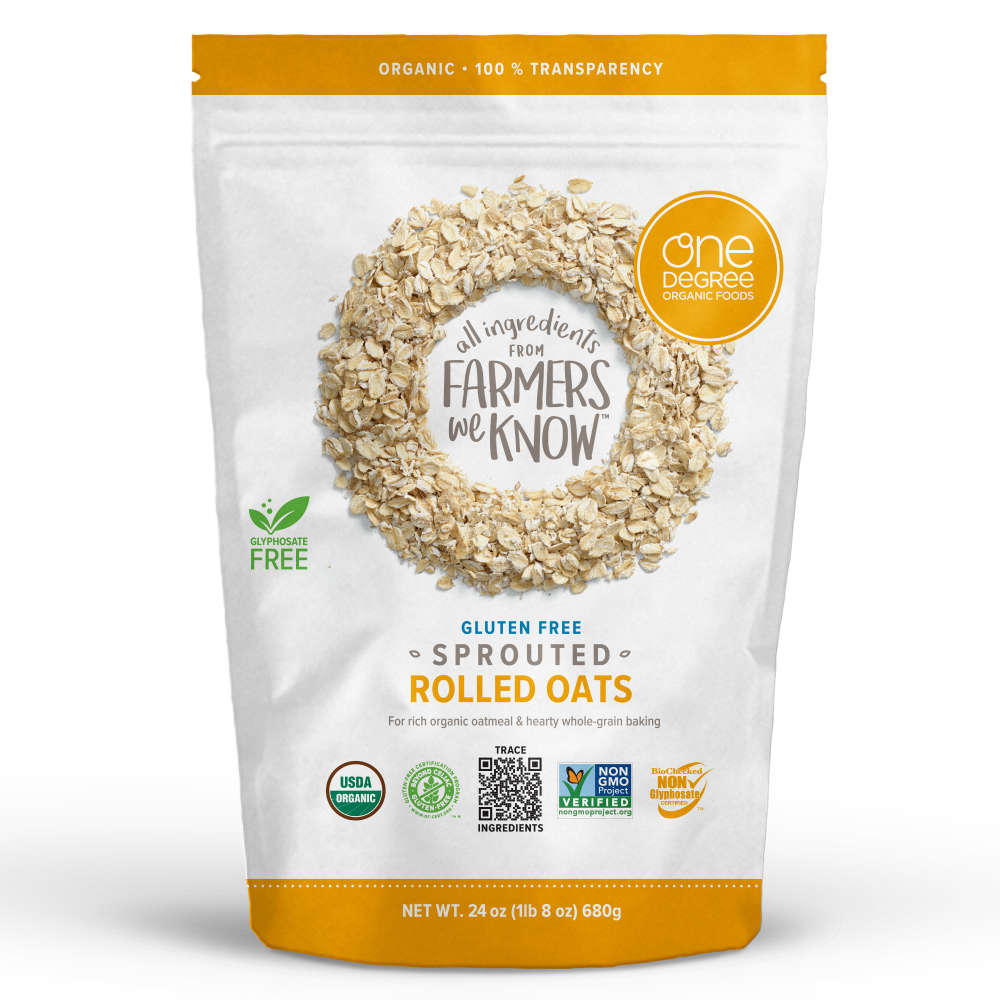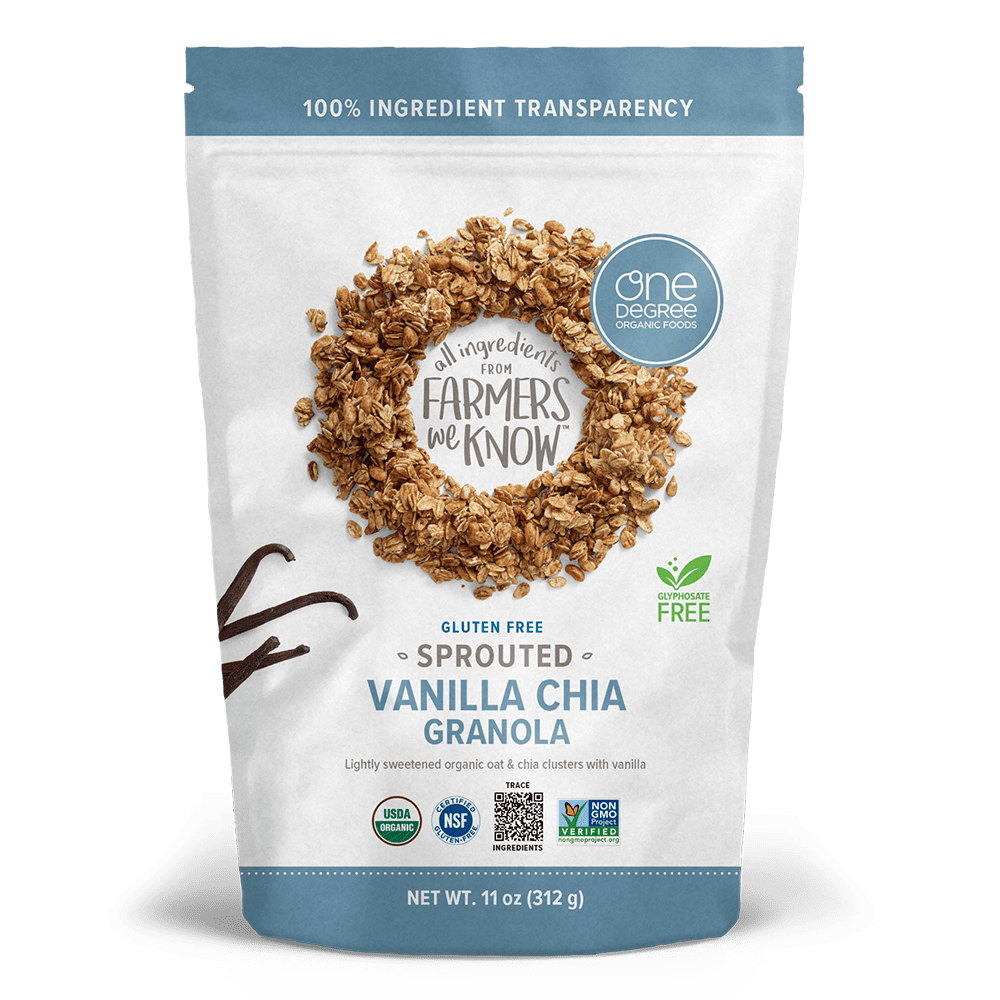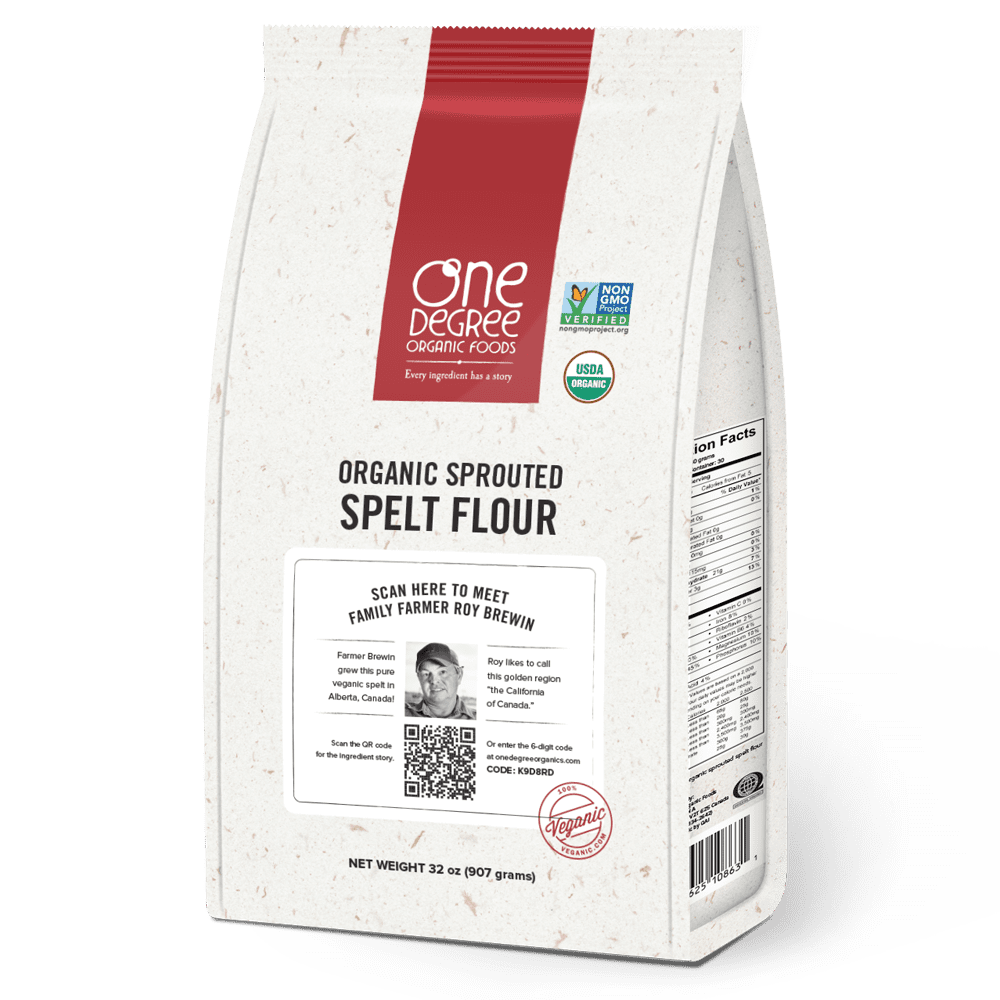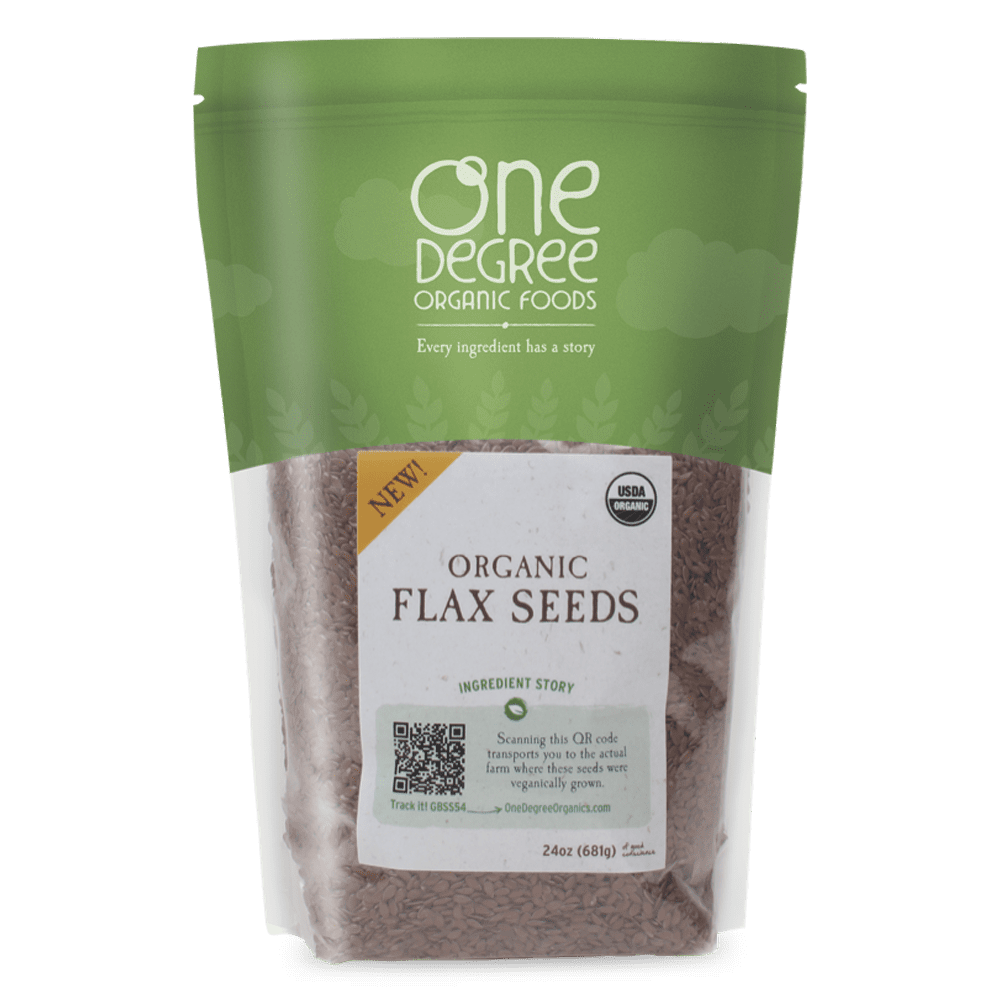Pecans
Missouri Northern Pecan Growers
Pecans from Drew Kimmell’s groves blossom, ripen and fall to the earth in a place where motions are gentle and timeless. Here trees bend to breezes and history, shadows circle stately trunks, while sun-frosted branches sketch patterns of shade on the cool grass.
It’s a place of purity and reflection, a cathedral of nature. “It’s very peaceful, especially when you think about those 200- to 300-year-old trees,” says Drew. “They’ve lived through the Revolution, the Depression, all of the history and they’re still standing, doing their thing. It gives you a sense of well-being.”
Adding to Drew’s sense of contentment is the fact that the success of Missouri Northern Pecan Growers has allowed him to recover the heart of these beautiful acres, land of his childhood that was once lost. His dad purchased that original grove in 1974, thinking it was a great place to “run cows,” says Drew. “We didn’t know a pecan from a walnut.”
Amid the national farm debt crisis of the mid-80s, the land was seized by bankers. But in 2010 Drew learned that an 80-acre parcel of the old farm was up for sale. He immediately bought the property and moved the family back to the place where he had first walked among the soaring trees and felt their serenity.
It was also the place where he began to realize how valuable the trees really were. Here was a natural grove that produced pecans far sweeter than most consumers had ever tasted. The flavor was the result of the unique variety endemic to the region. While the more extensively commercialized southern pecan variety had been hybridized over the years to boost size, rather than flavor, the northern pecan was a variety that didn’t excite mass growers, and so kept its natural richness. The family grove itself was special, the result of an exalted collaboration by the highest of all powers and the most lovable of all pecan hoarders. “In a native grove the trees are wild, planted by God and the squirrels. The squirrels run around in the harvest season and dig holes and put nuts in them but they don’t always remember where they put ’em. So every year you’ve got more pecan trees coming up.”
Squirrels don’t worry about improving the efficiency of a pecan business, so Drew’s groves have a diversity that most other producers cannot match. “Eighty-five percent of the pecans grown in this country are clones,” he explains. “They take a limb off a small tree and graft it.” The rows are orderly, but the trees are uninspired carbon copies. In cloned groves, there are no high notes, low notes or grace notes. Diversity not only adds variety to the flavor, but also helps protect a grove from disease.
Native groves are self-sustaining, too, with no need for applications of fertilizer. “If you have grafted trees, you have to use zinc, you have to add nitrogen, and do this, that and the other. A native tree grows here because it’s supposed to grow here, and it knows what it needs.”
Another benefit of trusting nature to grow her own time-tested variety is a purer, healthier pecan. “Our northern native pecan is the same as it was hundreds of years ago — the same sweet natural flavor, untouched by pesticides, fungicides, herbicides or genetic modification,” says Drew. And the shorter growing season in Missouri results in a higher concentration of monounsaturated oil. “That’s a better oil profile than olive oil.”
Cultivating a healthy organic product does have costs. “A native grove produces five to 20 percent of what a cloned grove produces. In a really good year, you get 500 pounds of pecans per acre.” Profit must also defer to the rhythms of nature. A bountiful harvest in a native grove probably means the next crop will be small, says Drew. He’s discovered an ingenious solution to accommodate the natural cycle, one any Missouri squirrel would admire: Bury the nuts deep in the ground.
One hundred miles to the north in Kansas City, an old limestone quarry has found new life as a vast underground food storage facility. “We’ve had a couple million pounds of pecans in there,” he says. The freezing temperatures can keep pecans fresh for as long as 10 years. Just like Drew’s venerable pecan trees, these man-made caves have seen some incredible history. The quarry was started in the 1920s by the infamous machine politician Tom Pendergast, who later became the patron of Missouri’s favorite son, Harry Truman. Boss Tom’s Ready Mixed Concrete Company knew how to turn the limestone into gold. “He had all the city councilmen in his pocket, and so he was able to spread gravel six inches thick over every road in Kansas City,” Drew chuckles.
Before the pecans ride the rails or the Ready Mixed roads of Kansas City, they must first be coaxed from the trees. Enter the “tree shaker,” a piece of machinery that “drives up to the tree, grabs ahold and shakes the dickens out of it,” Drew explains. “Down come the nuts, some sticks and a squirrel or two.” The pecans are then swept from the ground by a compact tractor pulling a rotating device with small rubber fingers.
At Drew’s on-site processing facility, people replace the machines as an indispensable resource for ensuring quality. The pecans must be hand-sorted and closely inspected. Imperfect halves become chopped nuts. Shells are sold for mulch and used for fuel at the plant. “We have a pecan shell furnace that burns yesterday’s shells to dry today’s pecans,” he notes. Taking a page from nature herself, nothing is wasted, everything is in balance — true sustainability.
Drew learned long ago that seeking peace in a pecan grove requires finding your own place in that unbroken chain of sustainability, somewhere between forager and framer, squirrel and Creator. Walking alone through the baroque cathedral generations of life built, you must listen for nature’s quiet cadence, and bend with the breeze.
— Charlie Dodge





